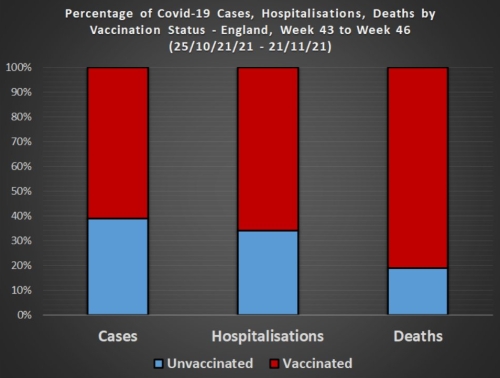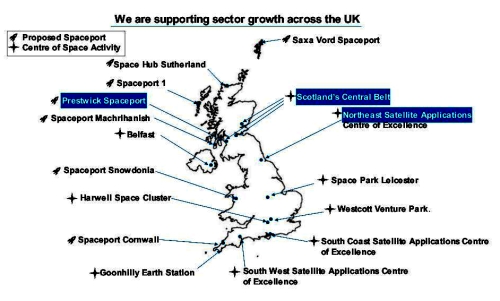Virgin Orbit’s cash problems continue
Because of endless delays getting a regulatory approval of a launch in the United Kingdom, Virgin Orbit has been unable to complete the 4 to 6 launches in 2022 that it had planned, and is thus experiencing serious cash shortages that has now caused it to cancel plans to sell “additional securities.”
Virgin Orbit reported third quarter revenues of $30.9 million, which exceeded the zero revenues reported in Q3 2021. The company’s net loss was $43.6 million, which was higher than the $38.6 million loss in Q3 2021.
While costs and losses have mounted, Virgin Orbit has experienced delays in increasing its launch rate. The company had planned to conduct four to six launches this year. Today, the total stands at only two with just over a month left in 2022.
Virgin Orbit’s third launch was originally scheduled to take place in last August from Spaceport Cornwall in England. The company is still awaiting a license from the UK government that would allow the launch to take place. It is the first time the government has licensed both an orbital launch and a spaceport, so the process it taking longer than anticipated.
The company had not only ramped up production of its LauncherOne rocket in anticipation of an increased launch rate, it also purchased two more 747s to act as the rocket’s first stage carrier. Those actions however were based on the ability to increase the launch rate, which has been stymied since the summer by Great Britain’s Civil Aviation Authority, which can’t seem to issue permission for Virgin Orbit to launch from a runway in Cornwall.
The canceled sale of securities appears part of the entire investment deal near the end of 2021. The cash shortages and this deal also appear connected to the decision by Richard Branson’s Virgin Group to invest $25 million in Virgin Orbit earlier this month.
Virgin Orbit officials say they intend to double their launch rate in 2023. I suspect that they have to. It is now sink or swim.
Because of endless delays getting a regulatory approval of a launch in the United Kingdom, Virgin Orbit has been unable to complete the 4 to 6 launches in 2022 that it had planned, and is thus experiencing serious cash shortages that has now caused it to cancel plans to sell “additional securities.”
Virgin Orbit reported third quarter revenues of $30.9 million, which exceeded the zero revenues reported in Q3 2021. The company’s net loss was $43.6 million, which was higher than the $38.6 million loss in Q3 2021.
While costs and losses have mounted, Virgin Orbit has experienced delays in increasing its launch rate. The company had planned to conduct four to six launches this year. Today, the total stands at only two with just over a month left in 2022.
Virgin Orbit’s third launch was originally scheduled to take place in last August from Spaceport Cornwall in England. The company is still awaiting a license from the UK government that would allow the launch to take place. It is the first time the government has licensed both an orbital launch and a spaceport, so the process it taking longer than anticipated.
The company had not only ramped up production of its LauncherOne rocket in anticipation of an increased launch rate, it also purchased two more 747s to act as the rocket’s first stage carrier. Those actions however were based on the ability to increase the launch rate, which has been stymied since the summer by Great Britain’s Civil Aviation Authority, which can’t seem to issue permission for Virgin Orbit to launch from a runway in Cornwall.
The canceled sale of securities appears part of the entire investment deal near the end of 2021. The cash shortages and this deal also appear connected to the decision by Richard Branson’s Virgin Group to invest $25 million in Virgin Orbit earlier this month.
Virgin Orbit officials say they intend to double their launch rate in 2023. I suspect that they have to. It is now sink or swim.



